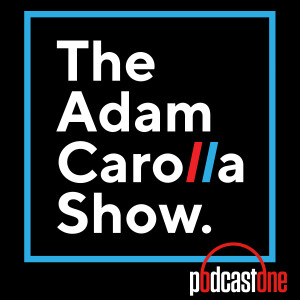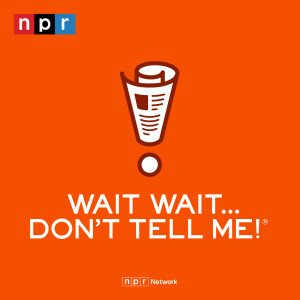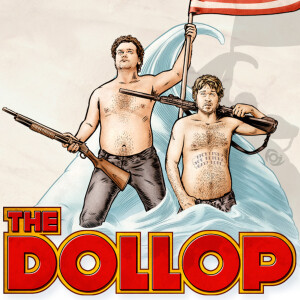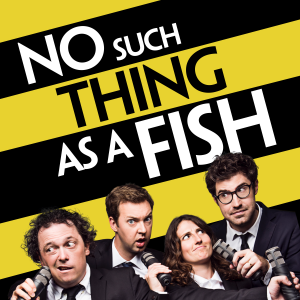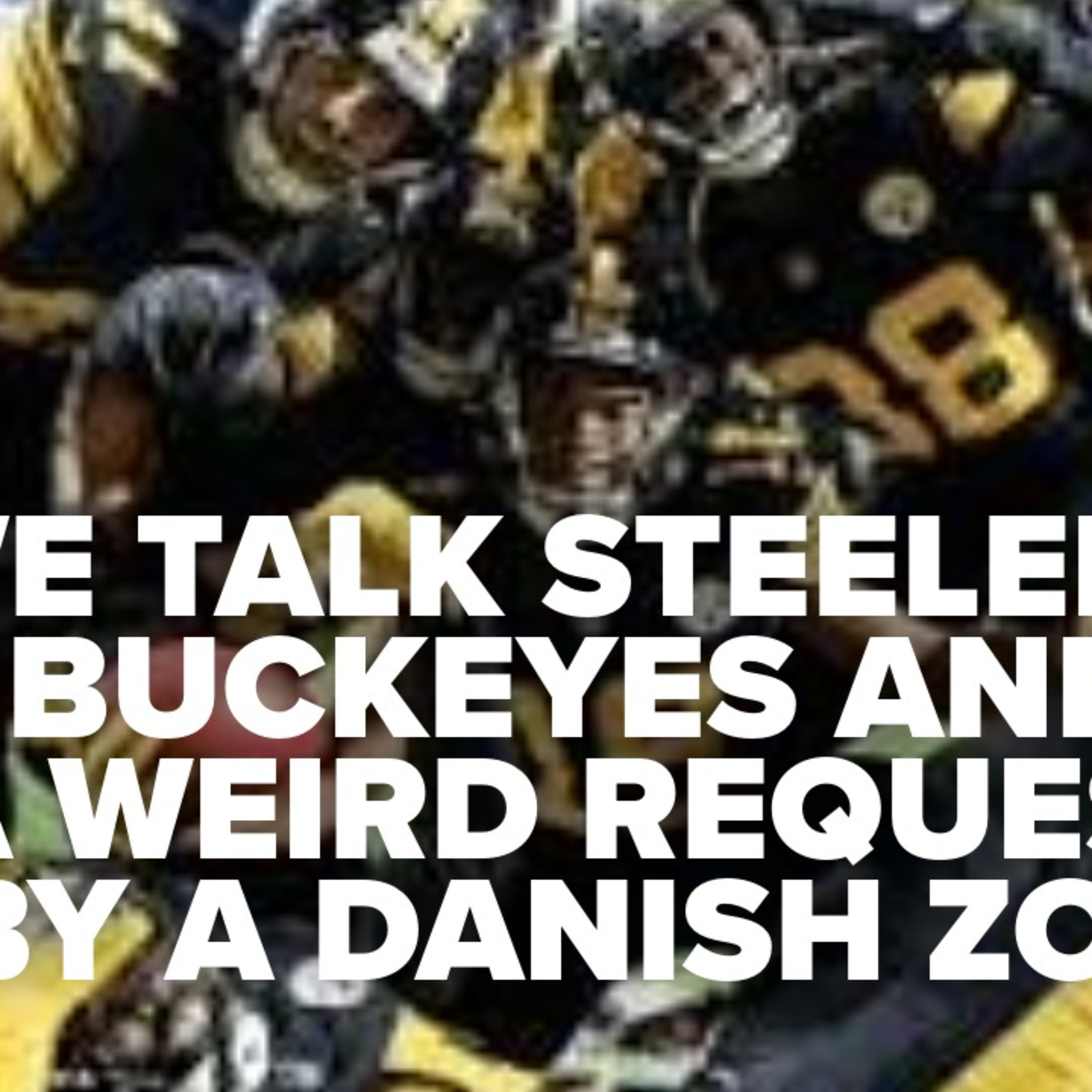

Steelers vs Jaguars Preview, Ohio State Game-Day Fun & Danish Zoo PR Controversy
(EDITOR’S NOTE: View From The Pugh is a journalism project from Chris Pugh. Subscribe to his daily newsletter and podcast, follow him on YouTube and sponsor his work)
Today’s post is sponsored by StreamYard.
In a wide-ranging conversation, the hosts covered everything from football field battles to ethical battles in the animal world — and even some light-hearted humor to wrap things up.
The sports segment began with anticipation for the Pittsburgh Steelers’ upcoming preseason game against the Jacksonville Jaguars. Fans are eager to see how the roster is shaping up, especially with the potential return of quarterback Kenny Pickett. His presence could inject much-needed energy into the offense, but all eyes will be on how he performs after injury concerns.
One of the big roster stories is the release of Montana Lemonius-Craig, a move that could have ripple effects on depth and competition. The hosts examined how recent cuts and signings might influence final roster decisions.
The conversation naturally shifted to the NFL’s new collective bargaining agreement. The hosts explored how changes in contract structure, player incentives, and cap management might alter the way teams operate — especially for young players entering the league.
From there, the discussion took a collegiate turn, highlighting Ohio State University’s game-day enhancements. The Buckeyes are adding new traditions to Ohio Stadium, including a victory bell and a specially curated soundtrack for fans. While some traditionalists may resist change, the hosts agreed these updates could boost fan engagement and create an even more electric atmosphere.
The most surprising — and controversial — topic was a story from Denmark. A zoo there has made international headlines for a pet adoption program that doesn’t rehome animals but instead uses them as food for predators. This includes euthanizing small pets and feeding them to larger animals in the zoo.
Social media reaction has been sharply divided. Supporters like Annika Krogs card praised the zoo’s transparency and practicality, while critics like Karina Jensen argued the public outrage was missing the bigger ethical picture. The zoo’s own Facebook post requesting donations of animals drew intense criticism and sparked broader debates about animal welfare, transparency, and public relations strategy.
The hosts considered whether the zoo’s honesty helped or hurt its public image, and how such a controversial move might be spun into a more favorable narrative.
The episode ended on a lighter note, with humorous speculation about how the zoo’s PR department could creatively reframe the story — proof that even heavy discussions can have moments of levity.
With sports insights, PR analysis, and ethical debates, this conversation had something for everyone.
More Episodes
All Episodes>>Create Your Podcast In Minutes
- Full-featured podcast site
- Unlimited storage and bandwidth
- Comprehensive podcast stats
- Distribute to Apple Podcasts, Spotify, and more
- Make money with your podcast


